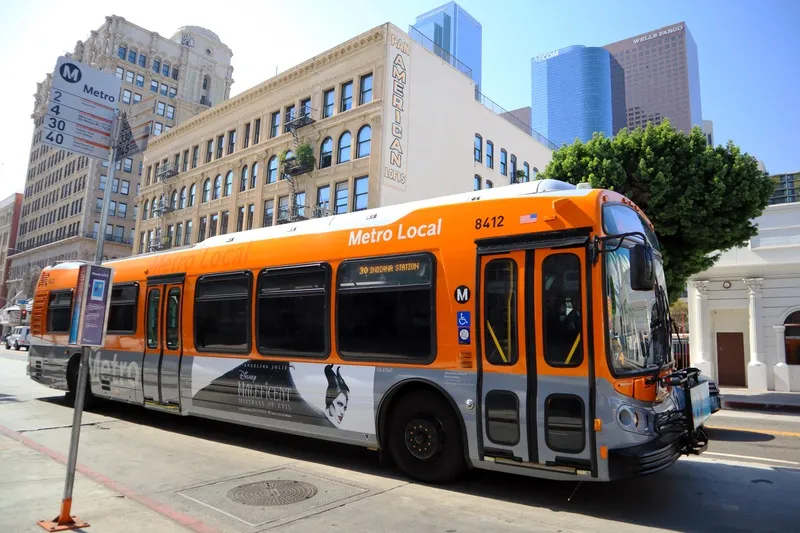Peru's ‘chaotic’ urban transport system generates losses of US$20 billion a year due to health, transport and economic costs, according to state news agency Andina.
Luis Gutiérrez, head of Latin American BRT association (SIBRT), said accidents, pollution-caused breathing problems and sedentary-related illnesses cost US$8 billion a year in Peru, while transport-related problems such as time wasted in traffic and higher gasoline consumption cost another US$8 billion. The remaining US$4 billion is the impact on families' budgets.
Gutiérrez said traffic improvements could reduce those costs to US$10 billion a year, adding that Peru would have to invest US$5.75 billion in 12 cities that are home to 50 per cent of the country's population to improve traffic, with 70 per cent of the cost coming from private investors.
Peru is investing heavily to try to alleviate traffic in Lima. Metro line 1 metro line is currently operating, construction for metro line 2 is about to begin, which it is anticipated will cut travel times by 50 per cent, and two others are in the pipeline.
Peru's ‘chaotic’ traffic problems
Peru's ‘chaotic’ urban transport system generates losses of US$20 billion a year due to health, transport and economic costs, according to state news agency Andina. Luis Gutiérrez, head of Latin American BRT association (SIBRT), said accidents, pollution-caused breathing problems and sedentary-related illnesses cost US$8 billion a year in Peru, while transport-related problems such as time wasted in traffic and higher gasoline consumption cost another US$8 billion. The remaining US$4 billion is the impact o
August 7, 2014
Read time: 2 mins









